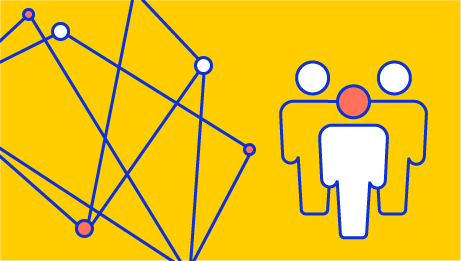Open Science practices in the Humanities and Social Sciences

Welcome to this course which will provide you with a general introduction to Open Science practices, also know as Open Research. You will find out how these are connected to FAIR data practices and access control to data. We recommend you complete this course before starting the course on Sensitive Data in the Humanities and Social Sciences.
Open Science
By the end of the course you will be able to:
- Describe how Open Science practices are connected to FAIR data practices and access control to data.
- Explain the benefits of Open Science and how EOSC facilitates it.
- Successfully understand the concept of FAIR data and how sensitive data can still be shared in the research process under the assumption of “as open as possible, as closed as necessary”.
Open Science practices focus on collaboration and contribution of other researchers. The benefits of Open Science, and how EOSC facilitates Open Science are discussed. The concept of FAIR data is introduced and we show how sensitive data can still be shared in the research process under the assumption of “as open as possible, as closed as necessary”. Content in this course is also applicable to other research disciplines and for a general understanding of the concepts that are presented.
Objectives
This course aims to:
- Examine Open Science practices and how to adapt them in order to accommodate and protect personal/sensitive data.
- Understand how to start Open Science discussions within your own institution.
Course structure
This course should take you no longer than an hour to compete. For each section we have provided a range of supporting resources that you can use to broaden your knowledge of Open Science Practices in the Humanities and Social Sciences.
These resources can be found in the supporting resources section and are signposted throughout. We recommend you access them in your own time as points of reference to further your learning, as opposed to the designated content throughout the 3 main learning sections of the course itself.
Prerequisites
If you would like to familiarise yourself with some concepts of Open Science Practices beforehand, we recommend you visit the following resources, links to which can be found in the supporting resources section:
- FOSTER course on Open Access Publishing
- Open Data Handbook
- FOSTER course on Open Source Software
EOSC
FAIR principles
Open Science
Citizen Scientists
Data Stewards
Librarians
Research Communities
Research Groups
Research Infrastructure Managers
Research Managers
Research Networks
Research Organisations
Research Projects
Research Support
Researchers
Students
CC-BY
Unit Plan